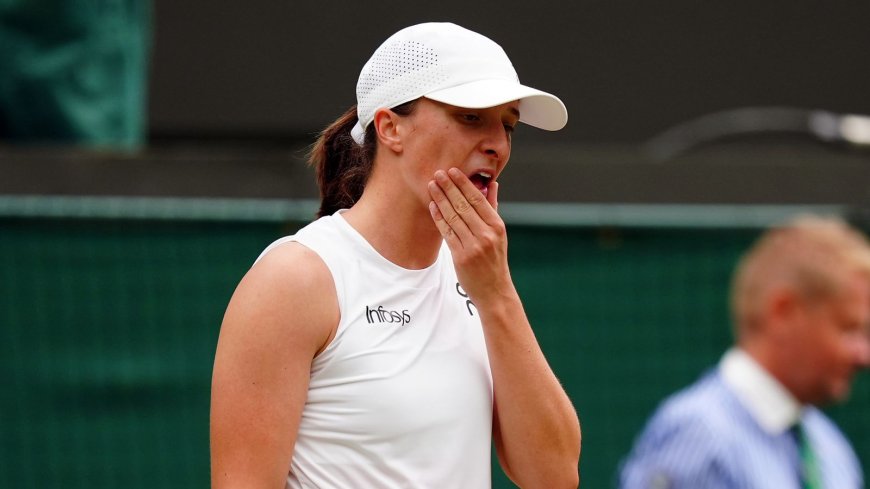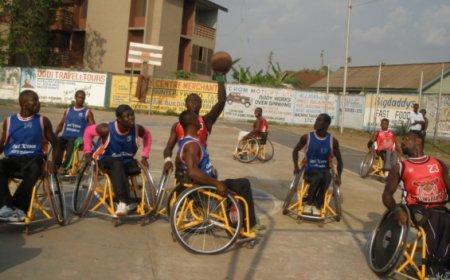Iga Swiatek accepts one-month doping suspension

World number two and five-time Grand Slam champion Iga Swiatek has accepted a one-month suspension after testing positive for a banned substance.
The 23-year-old reigning French Open champion tested positive for a heart medication, trimetazidine (TMZ), in an out-of-competition sample in August 2024, when she was world number one.
The International Tennis Integrity Agency (ITIA) confirmed on Thursday an investigation determined the source was a contaminated regulated medication.
It therefore ruled Swiatek bore no significant fault or negligence for the failed test.
The Polish player was provisionally suspended from 12 September before successfully appealing, missing three tournaments.
With Swiatek's level of fault considered to be at the lowest end of the range for 'No Significant Fault or Negligence', the ITIA offered a one-month suspension which she accepted on Wednesday.
Swiatek appealed the provisional suspension on 22 September, notifying an independent tribunal that the source of the positive test had been identified as a contaminated medicine manufactured in Poland.
Because her provisional suspension was lifted on 4 October, Swiątek's period of ineligibility will end on 4 December 2024.
The Pole was also forced to forfeit the prize money from her run to the Cincinnati Open semi-finals, the tournament that directly followed the test.
Swiatek missed the Korea Open (16-22 September), China Open (25 September – 6 October) and Wuhan Open (7-13 October - she was suspended during the entry deadline).
The ITIA did not disclose her provisional suspension because the player successfully appealed within 10 days of the notice.
ITIA chief executive Karen Moorhouse said: "Once the source of the TMZ had been established, it became clear that this was a highly unusual instance of a contaminated product, which in Poland is a regulated medicine.
"However, the product does not have the same designation globally, and the fact that a product is a regulated medication in one country cannot of itself be sufficient to avoid any level of fault. Taking into account the nature of the medication, and all the circumstances, it does place that fault at the lowest end of the scale."
Source: BBC Sport
























































